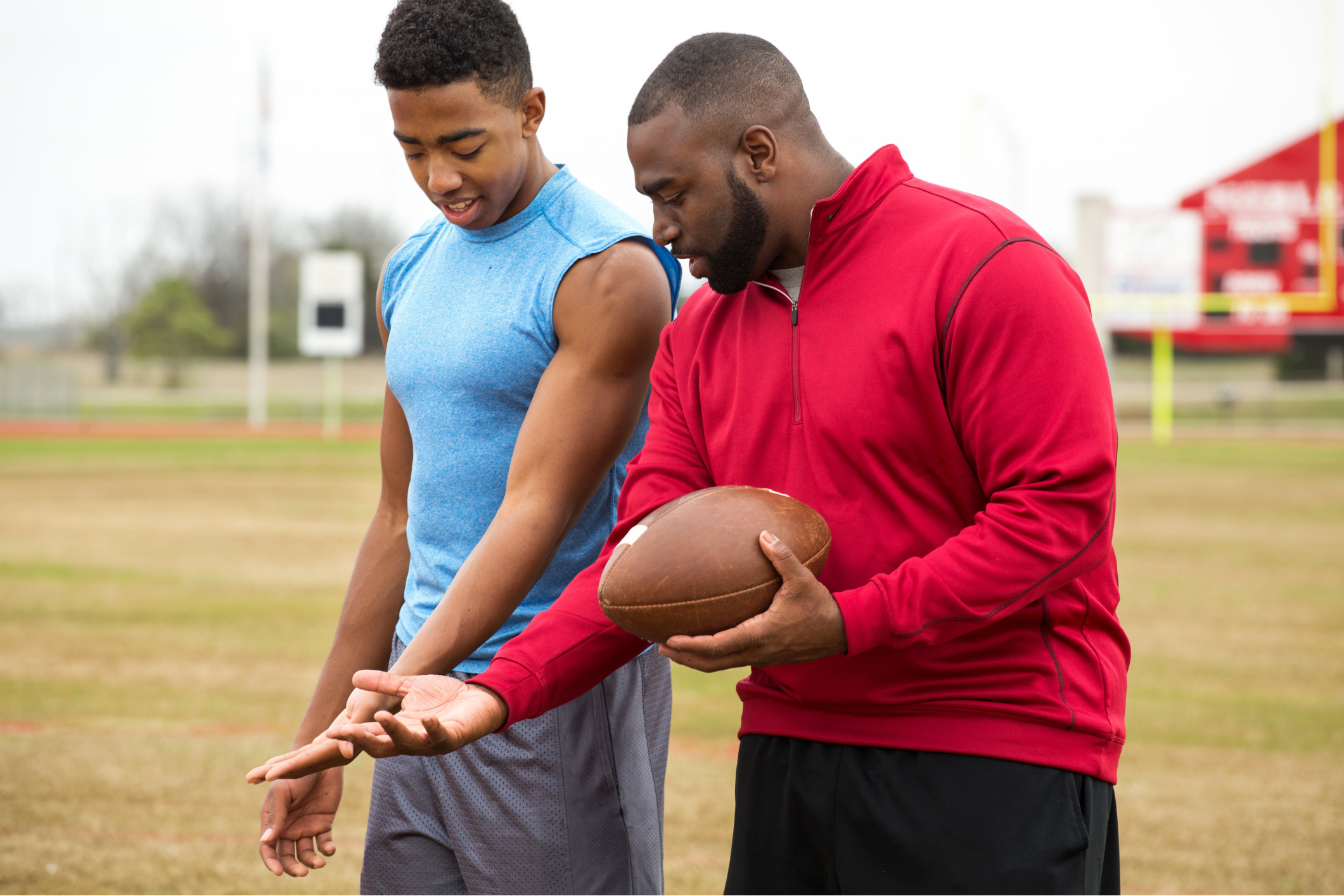
Ten facts you should know about sport-related concussions
 Athletes take on numerous risks each time they step on the field, hop in the pool, or skate onto the ice. One of those risks is head injuries. Regardless of whether or not an athlete participates in contact sports, a sport-related concussion (SRC) could happen to almost any athlete, at any time. That’s why each coach, school nurse, and athletic trainer should have the most recent information on concussion diagnosis, treatment, and rehabilitation.
Athletes take on numerous risks each time they step on the field, hop in the pool, or skate onto the ice. One of those risks is head injuries. Regardless of whether or not an athlete participates in contact sports, a sport-related concussion (SRC) could happen to almost any athlete, at any time. That’s why each coach, school nurse, and athletic trainer should have the most recent information on concussion diagnosis, treatment, and rehabilitation.
That’s also why we took notes from our guest expert Missy Fraser, MS, ATC, from the Matthew Gfeller Sport-Related TBI Research Center, and compiled this list of ten facts you should know about sport-related concussions.
1. Concussions do not equal loss of consciousness.
Disregard what Hollywood has shown us about head injuries. The American Academy of Neurology (AAN) defines a concussion as a “traumatically induced alteration in mental status that may or may not involve a loss of consciousness.”
2. Sport-related concussions are usually diagnosed as “minimal” or “mild” and may not be classified as a Traumatic Brain Injury.
There’s talk of changing how sports concussions are perceived and classified as Traumatic Brain Injuries, which could mean select diagnoses start to range into “moderate” and “severe.”

Missy Fraser
3. Typical sport-related concussions are not diagnosed with standard imaging, such as MRIs.
These imaging machines are more likely to be used for skull fractures, internal bleeding, or another, more serious, brain injury.
4. Concussions are multi-faceted and affect many areas of daily life.

Missy Fraser
5. Evidence suggests that females are at a higher risk for sport-related concussions.
Females also report more concussion symptoms. So, despite the NFL receiving the bulk of concussion attention in the media, female athletes should be knowledgeable and prepared for concussions, too.
6. Mismanaging a sport-related concussion could lead to compromised academic performance.
If your school doesn’t already have a way to communicate about student athlete injuries, now may be the perfect time to implement a communication strategy. When the whole school communicates and works with the athlete in their recovery, the athlete is less likely to fall behind their academics.
7. Athletes should feel involved in their concussion management and rehabilitation.
Not so surprisingly, it’s easy for athletes to feel anxious or depressed after suffering a sport-related concussion. The athlete is unable to participate in the game that they love, and they may be experiencing other symptoms and lingering effects. To help the athlete stay motivated, athletic trainers and nurses can get the athlete involved in his or her recovery. Try setting rehabilitation goals with the athlete and allowing hi or her to take on responsibility.
8. Following a concussion, full rest beyond 3 days may not be helpful.
Medical experts do suggest that athletes should rest following a concussion, but this rest occurs on a continuum. Athletes should start simple and slow, though not stay fully at rest for more than three days.
9. Continuous education is vital to progression and returning to play.
The athlete who suffered a concussion, along with his or her parents, should continue to stay informed about concussions and rehabilitation. By remaining informed, the athlete’s support team can watch for improvements, or regressions, during the athlete’s recovery.
10. In football, offensive and defensive linemen are likely to experience the highest frequency of blows to the head.
This fact may be a little more obvious, but it highlights how two athletes who play the same sport can be at two different levels of risk for sport-related concussions.
For more facts and new research on sport-related concussions and Traumatic Brain Injuries, view Missy Fraser’s full guest expert webinar.
{{cta(‘9351c185-c597-4d2f-aa45-35eaa3216094’)}}

